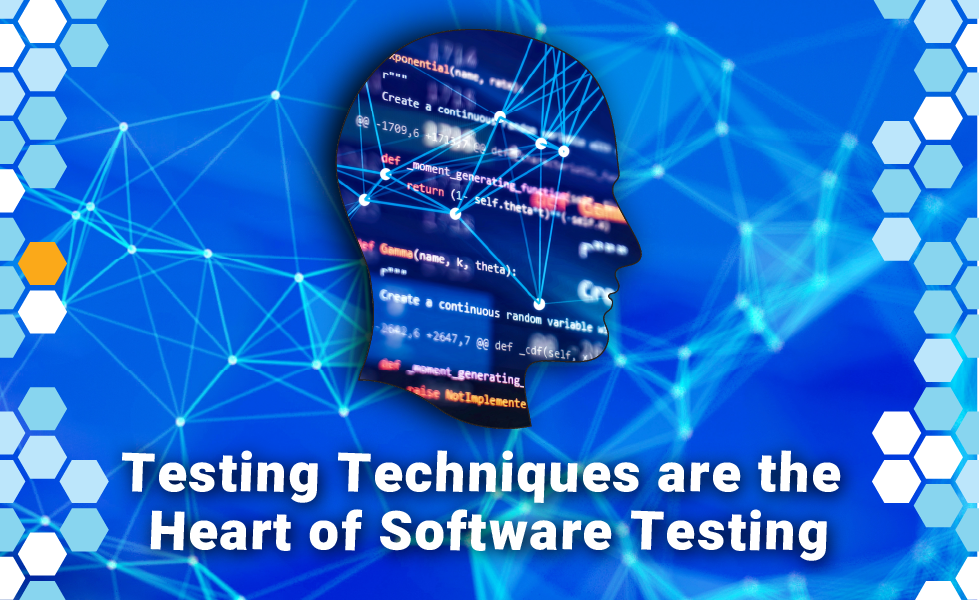The State of Software Testing Thought Leadership
Rafael E. Santos reviewed the lists of “top testing thought leaders” and realized testing thought leaders aren't talking about AI/ML or autonomous testing.
TABLE OF CONTENTS
I was conducting a little experiment.
I reviewed the lists of people I followed on different platforms, specifically those discussing testing. Three findings caught my attention. One is that outside of some people I started following many years ago, I have not added anyone regarding the specific subject in a long time. Second, I rarely read anything these thought leaders wrote in the last few years. Finally, all the posts that provided me with helpful information in the previous couple of years were written by software engineers, not any software testing thought leaders.
The Survey
I wondered if I was missing something important, so I did a Google search for software testing thought leaders. As you can imagine, I found many lists of the top 25 or some other numbers. I started reviewing them, and I noticed significant overlapping between them.
While reviewing the lists and reading about everyone I did not know, I noticed some common traits that allow the lists to be broken into specific groups. Here are some of the groups I identify:
The Context-Driven Guys
I called them guys because they are all men. Every list included Cem Kaner and James Bach, both famous members of the context-driven school of testing. I wrote about the different schools of testing a while ago; you can find the post here.
I'm curious if Michael Bolton belongs to this group. He worked with James Bach, developing and teaching the rapid software testing methodology. He is mentioned in several lists and is one of the few people I started following on Twitter long ago. However, I stopped visiting Twitter over a year ago and have not read much from him.
The Agile Ladies
I referred to them as ladies because they are all women. Many lists include Lisa Crispin, Janet Gregory, and Elisabeth Hendrickson. They all became well-known as part of the agile software development movement and authored books on agile testing (Crispin and Gregory) and exploratory testing (Hendrickson). Of course, exploratory testing was introduced by the context-driven testing school, but it was made popular by the agile testing school.
I followed Lisa Crispin as our professional careers crossed paths many years ago. Also, I was mentioned in Crispin and Gregory’s book on agile testing regarding how we did performance testing at Ultimate Software.
The Community Builders
Many of the people on these lists created or managed a testing community, including the Ministry of Testing and TestGuild. They speak on many subjects but mainly focus on selling their communities and platforms. Many have blogs or podcasts that they want you to subscribe to.
The Consultants
This group overlaps with the previous one. Some consultants have platforms or manage a community to further their consulting business. Some are regular speakers at testing conferences. This group offers a greater diversity of subjects. Some focus on cultural issues, and others specialize in areas like performance testing. That includes a few people talking about quality engineering, as expected.
Test Automation Gurus
The largest group is, by far, the test automation gurus. These software engineers work on specific presentation delivery platforms like mobile or web. Some are connected to particular frameworks, like Selenium. Many work at software companies. They only talk about test automation.
What and who is missing?
I was surprised by several omissions on these lists. While he rarely speaks or produces much content anymore, Brian Marick is not mentioned—a massive omission. Only one list mentions AI, which includes Jason Arbon. I could not find Tariq King on any of the lists, even though he is very active in the conference circuit and talks about AI regularly. Maybe it is my bias, as Tariq and I worked at Ultimate Software, but something tells me that is not the reason.
Final Thoughts
I must admit that going through these thought leaders' lists was a painful experience. As I mentioned before, AI is rarely mentioned. Reading some blog posts did not help, either. I read reasons why we still produce poor-quality software that felt like excuses. No one discussed autonomous testing. No one is addressing the core issues that we at Testaify consider essential problems in the industry right now. There is no discussion of the industry's poor testing skill levels. No one challenges the test automation dogma. These lists felt like a club roster, and if your ideas do not match the ideas of the club members, you are not welcome.
This exercise reminded me of why we are building Testaify. We want to focus on the key issues of software testing and help teams implement comprehensive testing strategies. And yes, that future includes AI/ML, even if many thought leaders wish it did not.
The Future of Testing is Coming!
About the Author
 Testaify founder and COO Rafael E. Santos is a Stevie Award winner whose decades-long career includes strategic technology and product leadership roles. Rafael's goal for Testaify is to deliver comprehensive testing through Testaify's AI-first platform, which will change testing forever. Before Testaify, Rafael held executive positions at organizations like Ultimate Software and Trimble eBuilder.
Testaify founder and COO Rafael E. Santos is a Stevie Award winner whose decades-long career includes strategic technology and product leadership roles. Rafael's goal for Testaify is to deliver comprehensive testing through Testaify's AI-first platform, which will change testing forever. Before Testaify, Rafael held executive positions at organizations like Ultimate Software and Trimble eBuilder.
Take the Next Step
Join the waitlist to be among the first to know when you can bring Testaify into your testing process.




